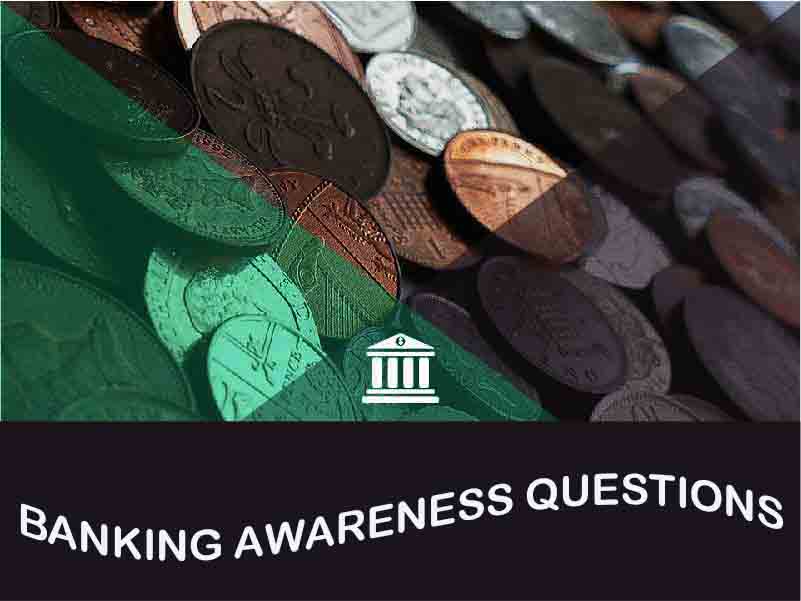|
ACT
|
IMPORTANT POINTS
|
|
Banking Regulation Act, 1949
|
- The Banking Regulation Act Came into force with effective from 16th March 1949.
- Initially, it was named as “Banking Companies Act, 1949”, but latter the name was changed to Banking Regulation Act 1949 from 1st March 1966.
- This Act Provides safety in the interest of depositors.
- This Act forbids the misuse of powers by Higher Authorities/ Staffs / Banking employees etc.
- Bank Employee Can take leave according to this ACTS.
|
|
SARFAESI Act, 2002
|
- Full form of SARFAESI – Securitisation and Reconstruction of Financial Assets and Enforcement of Security Interest Act, 2002.
- This SARFAESI ACT, 2002 acts as a tool to recover the debt, bad loans i.e. NPA (Non-Performing Assets).
- According to this ACT, bank has the power to seize the securities of Loan Defaulters (Except Agricultural Land) without the intervention of the court.
- This Act also giver power of “Seize & Desist” to all banks in India.
|
|
State Bank of India Act,1955
|
- According to this the Reserve Bank of India acquired a controlling Interest in the Imperial Bank of India.
- This Acts also prevent the misuse of depositors Interests.
|
|
Reserve Bank of India Act,1934
|
- The Reserve Bank of India Act Came into Effect from 6th March 1934.
- This Acts Provides the Supervision and Regulation of the banking system in India.
- According to this Act, all Scheduled Bank must have minimum 5 Lakh & above pay up capital.
- According to this Act RBI has the power regarding the exchange of damaged and imperfect Currency Notes.
- According to this Act, the Maximum denomination of Currency Notes can be Rs.10,000.
- According to this Act, only the RBI or Union Government can issue and accept Promissory Notes which is payable on demand.
- According to this Act, Every Schedule Bank has a minimum capital with the RBI on Daily basis which is generally termed as CRR.
- This Act also says each & every bank in India needs to follow the guidelines which are implemented by RBI.
- According to this Act RBI can charge/fine any bank with prior notice if the bank not obeys the guidelines.
|
|
Foreign Exchange Regulation Act, 1973
|
- This Act Came in force with Effect from 1st January 1974.
- These Acts impose the strict rules and regulations on certain kinds of payments/transactions, the dealings in foreign exchange and securities and the transactions which had an indirect impact on the foreign exchange and the import and export of currency.
- FERA was repealed in 1988 by the Union Government at the time of Atal Bihari Vajpayee Government and Replaced FERA into FEMA.
|
|
Foreign Exchange Management Act, 1999
|
- This Act was enacted on 29th December 2000.
- This Act makes offences related to foreign exchange civil offences.
- This Act was Enacted after Replacing FERA Act, 1973 with a New Strict Norms and guidelines.
- This Act enables the Reserve Bank of India and the Central Government to pass regulations and rules relating to foreign exchange in tune with the Foreign Trade policy of India.
|
























